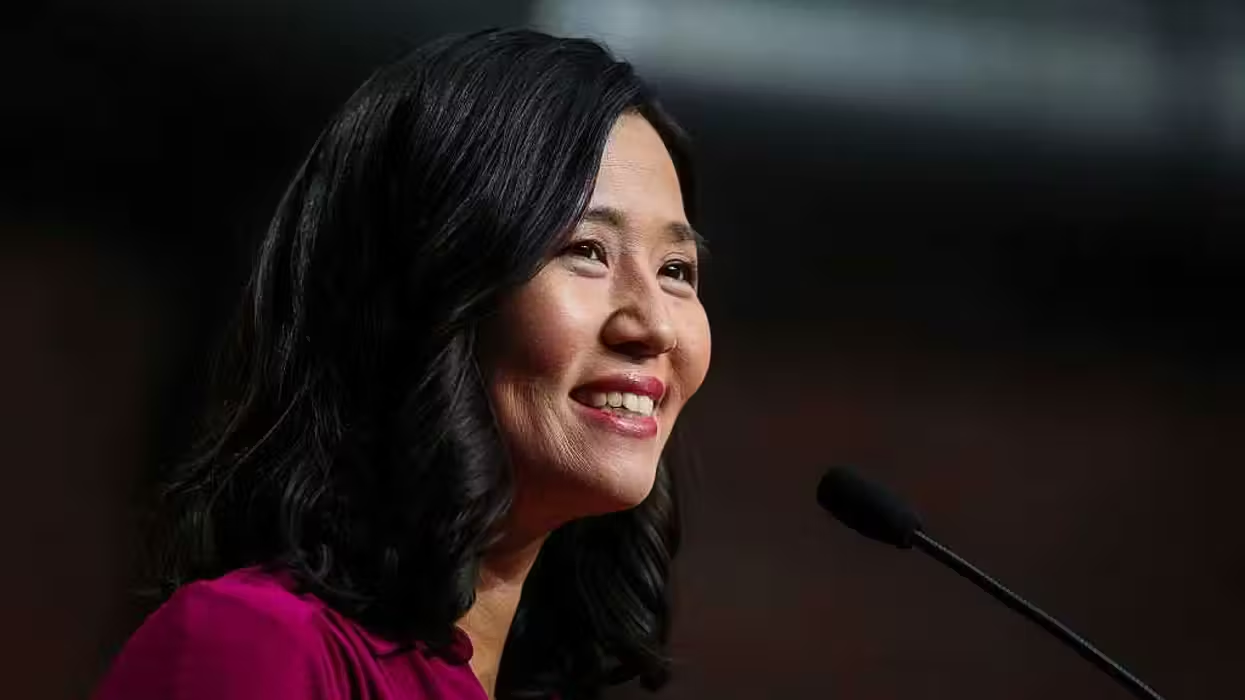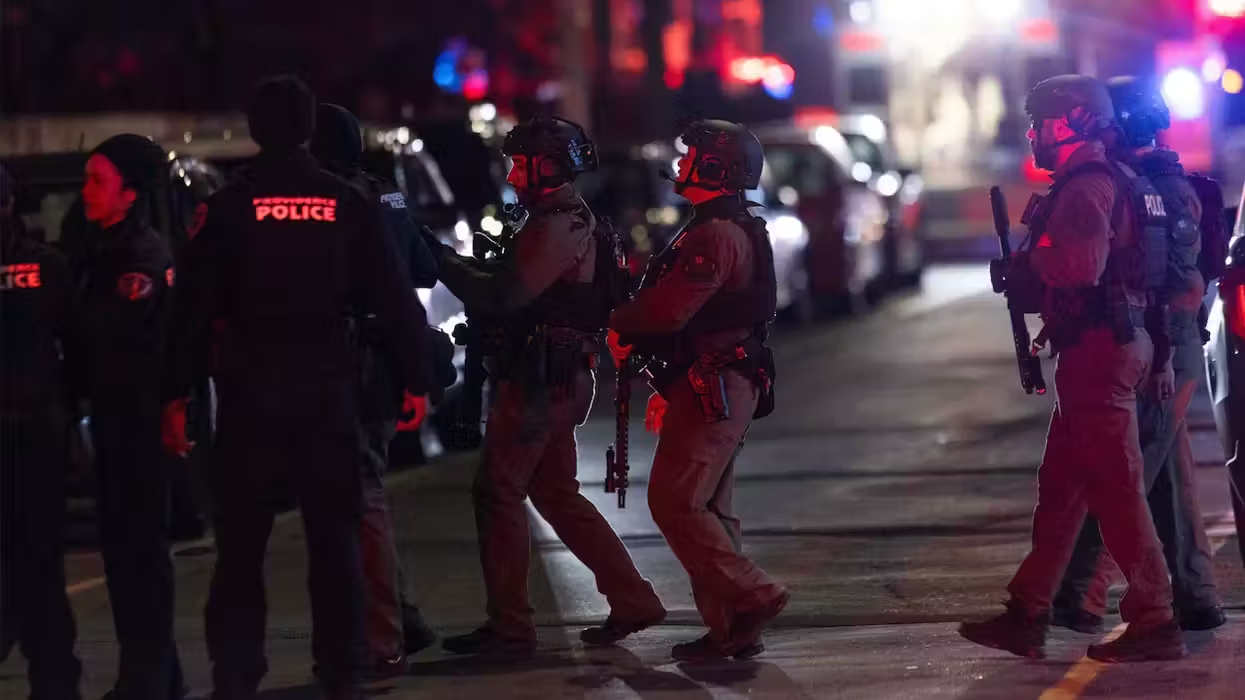This story has been updated to refelct the most current information.
The United States will expel 60 Russian diplomats in response to the poisoning of a Russian double agent in England. These include 12 Russian representatives to the United Nations whom the U.S. government accused of being spies. The other 48 are from the Russian embassy in Washington, D.C. The Russian consulate in Seattle will also be closed.
On March 4, former Russian Col. Sergei Skripal and his daughter were poisoned with a nerve agent, which was later determined to be Russian-made Novichok. While in the Russian military, Skripal worked for MI6, until he was discovered by the Russian government. He was later traded in a spy swap, and sought refuge in England.
The United States is not alone in this move. 14 European Union member countries have announced that they will also expel Russian diplomats, in what the BBC has said may be “the largest collective expulsion of Russian intelligence officers in history.” Just before the exulsion of diplomats across Europe was announced, French President Emmanuel Macron warned about “coordinated measures” against Russia by EU member states.
In addition to France, Gemany, Poland, the Czech Republic, Lithuania, Denmark, the Netherlands, Italy, Estonia, Croatia, Finland, Latvia, Romania, and Sweden, as well as non-EU members Ukraine and Canada have all announced that they will be expelling at least some of their Russian diplomats. Ukraine is expelling 13 Russians, the second largest number after the 60 expelled by the United States.
European Council President Donald Tusk confirmed that all the exuplsions from EU member states were in response to the Novichok attack, and that "additional measures, including further expulsions within this common EU framework are not to be excluded in the coming days and weeks.”
This is not the first diplomatic retaliation against Russia by the U.S. this month. On March 15, the United States slapped sanctions on 19 Russian individuals and three Russian entities over attempts to interfere in the 2016 U.S. presidential election.
Here's how Russia is reacting
The Russian Foreign Ministry responded to this mass expulsion of its diplomats by warning in a statement that that "[t]he provocative gesture of solidarity with London by these countries, who have bowed to the British authorities in the so-called Skripal affair and did not bother to understand the circumstances of what happened, is a continuation of the confrontational path to escalation." It added that “it goes without saying that this unfriendly act by this group of countries will not go without notice and we will react to it.”
Here’s why the U.S. and other countries are expelling Russian diplomats
British Prime Minister Theresa May announced on March 14 that the United Kingdom would expel 23 Russian diplomats over the Russian response to the poisoning.
After an investigation, May said it was “likely” that the Russian government was behind the attack. She demanded that the Russian ambassador explain how a nerve agent developed by the Russians during the cold war managed to be used in the attack.
The Russian embassy in England responded with a series of mocking tweets calling May’s statements “evidence free” and “a clear provocation.” It also dismissed the entire investigation as “yet another crooked attempt by United Kingdom authorities to discredit Russia,” and threatened “punitive” measures.
The Russian ambassador to the United Nations mocked the investigation, comparing the British authorities to British author Arthur Conan Doyle’s Inspector Lestrade, the police detective who cannot manage to crack a case without help from Sherlock Holmes.
The U.K. has received support from other European nations, as well as the U.S. on this matter. On March 15, President Donald Trump joined May, Macron, and German Chancellor Angela Merkel in releasing a joint statement calling on Russia to cooperate in the investigation into the Skripal poisoning.







